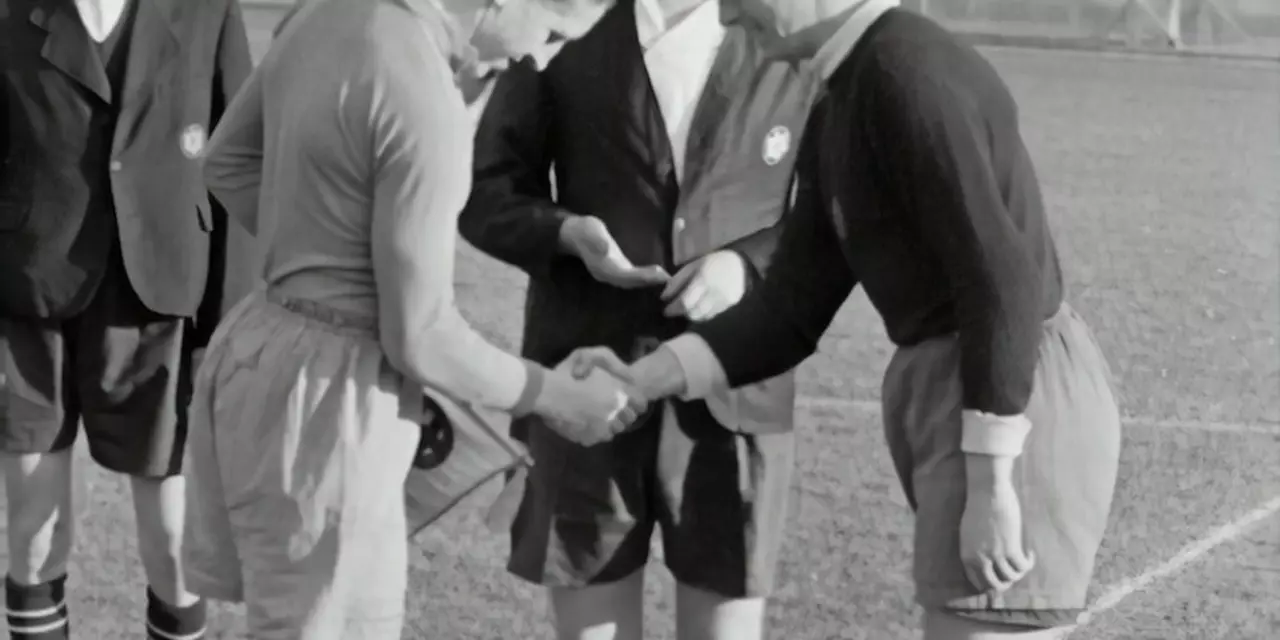History of South African Football Under Apartheid
When exploring South African football under apartheid, the years between 1948 and 1994 when the nation’s racial laws split the sport into isolated leagues and cut off most international contact. Also known as football during segregation, it represents a unique chapter where politics and sport collided.
At the heart of that chapter lies apartheid, the system of institutionalised racial discrimination that governed every aspect of life in South Africa. Apartheid required separate competitions for whites, blacks, Indians and coloureds, meaning a talented black striker could never face a white defender in the same league. This segregation not only limited player development but also created parallel football cultures that still echo today.
One of the biggest external pressures came from FIFA sanctions, the global governing body’s decision to suspend South Africa from international tournaments in 1964. FIFA’s move influenced the domestic game by depriving clubs and national squads of exposure, competition and revenue. Without the chance to test themselves against foreign teams, many South African players missed out on the experience that drives tactical evolution.
Within the constraints of segregation, the vibrant scene of Soweto football, community‑driven matches and leagues that thrived in the black townships of Johannesburg emerged as a cultural lifeline. Soweto clubs kept the sport alive, forged local heroes, and later supplied the talent pool that rebuilt the nation’s football after 1994. Their grassroots ethos enabled a rapid resurgence once the apartheid walls fell.
Key factors that shaped the game
The history of South African football under apartheid encompasses three intertwined forces: racial segregation in clubs, international isolation, and resilient community leagues. Segregation forced clubs to operate in separate administrative bodies, which meant duplicated fixtures, uneven funding, and a split talent pipeline. International isolation, driven by FIFA sanctions and a global boycott, stripped South African teams of valuable match experience and kept the country out of the World Cup spotlight. Meanwhile, community leagues like those in Soweto required ingenuity—players used makeshift fields, local sponsors, and word‑of‑mouth to keep the sport alive.
These forces didn’t act in a vacuum. The apartheid government used sport as propaganda, showcasing white‑only matches to the world while suppressing black voices. In response, anti‑apartheid activists organised protest games, using football as a platform to demand equality. That tension created a paradox: the sport was both a tool of oppression and a weapon of resistance. Understanding that paradox helps explain why, after 1994, South Africa could quickly re‑enter the global stage and host the 2010 World Cup.
Today, the legacy of that era shapes coaching methods, talent scouting, and fan culture. Coaches often trace modern tactical trends back to the improvisational style developed in township matches. Scouts still discover gems by revisiting the networks first built during segregation. Fans, too, carry the memory of stadiums that once barred entry based on skin colour, turning modern matches into celebrations of unity.
Below, you’ll find a curated collection of articles that dig deeper into each of these themes. From personal stories of players excluded from the national team to analyses of how FIFA’s boycott impacted club finances, the posts give you concrete examples and actionable insights. Dive in to see how history still informs the beautiful game in South Africa today.
